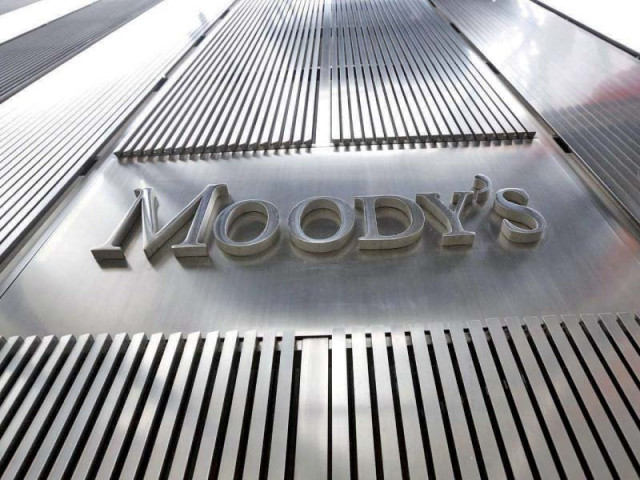Pakistani banks face threat of losing global business
Moody’s terms FATF review credit negative as it raises questions on additional curbs

Access to foreign-currency clearing transactions is crucial for Pakistani banks because it allows them to process cross-border payments for clients. PHOTO: REUTERS
Earlier this month, the Paris-based global watchdog of international financial transactions - the Financial Action Task Force (FATF) - announced an extension in the final deadline for Pakistan for completing the June 2018 action plan on AML and CFT by June 2020.
“The announcement is credit negative for Pakistani banks because it raises questions about potential additional restrictions relating to banks’ foreign-currency clearing services as well as their foreign operations,” the global ratings agency said in a report on Thursday.
The FATF has warned that it will urge member countries to increase their attention when conducting business transactions with Pakistan if the country’s government, regulatory body and other stakeholders of the financial system fail to complete the action plan, which emphasises counter-terrorist financing, by June 2020.
Pakistan's banking system faces a credit risk: Moody's
“Should they fail to do so, the international financial institutions could curtail their interactions with Pakistani banks and other financial companies, including terminating correspondent banking relationships,” the agency said.
“This, in turn, would further constrain banks’ ability to generate business and result in higher compliance costs,” it added.
As of February 2020, Pakistan has largely increased its compliance with 14 out of 27 identified areas, although the overall AMT/CFT framework remains below global standards. Efforts for compliance with the remaining 13 points have also progressed at varying degrees, according to the FATF.
Because the list of remaining actions has narrowed down, the State Bank of Pakistan (SBP) has expressed its confidence that Pakistan will exit the grey list by June 2020, Moody’s said. The FATF has not blacklisted Pakistan, but has rather retained it on the grey list, following Islamabad’s progress on the action plan.
However, compliance with the global AML and CFT standards remained weak both by Pakistani banks and the country’s authorities. “[This] means that banks still risk losing access to foreign-currency clearing services,” it said.
Access to foreign-currency clearing transactions, typically conducted through international correspondent banking relationships, is crucial for Pakistani banks because it allows them to process cross-border payments for clients.
Foreign exchange: SBP reserves jump $87m to $12.6b
Clearing in US dollars is particularly important given Pakistan’s high import and export economic activity, as well as the fact that a large proportion of international payments are made in this currency.
“That said, this risk has so far not crystallised in the jurisdictions that have been placed on the increased monitoring list,” the ratings agency said. A number of domestic banks with foreign operations have been subject to investigations relating to AML/CFT issues that have resulted in penalties, higher compliance costs and, in some cases, the removal of overseas licences, it said.
The FATF returned Pakistan to its list of “jurisdictions under increased monitoring or grey list” in June 2018, when the government committed to an action plan based on FATF’s recommendations around technical compliance and effectiveness, it added.
Published in The Express Tribune, February 28th, 2020.
Like Business on Facebook, follow @TribuneBiz on Twitter to stay informed and join in the conversation.



















COMMENTS
Comments are moderated and generally will be posted if they are on-topic and not abusive.
For more information, please see our Comments FAQ